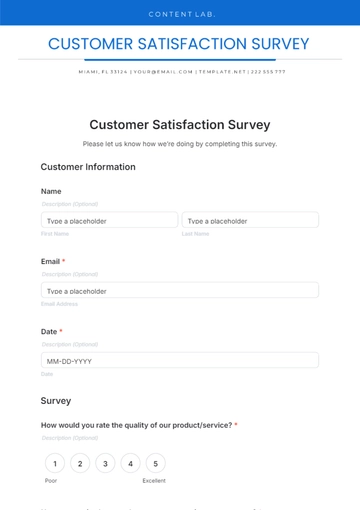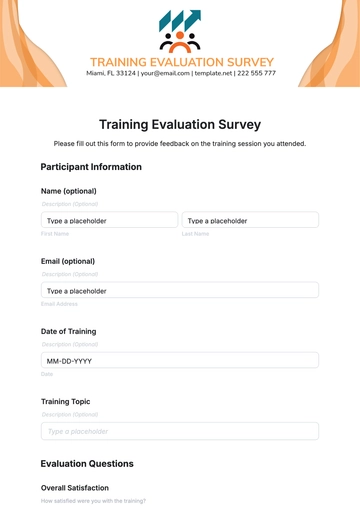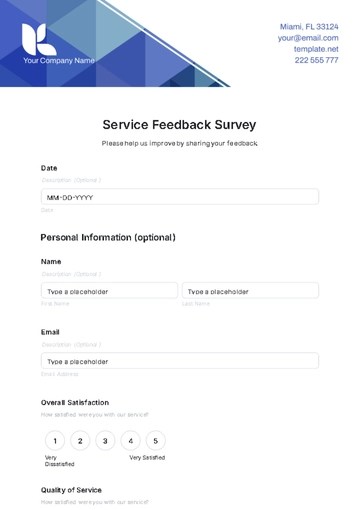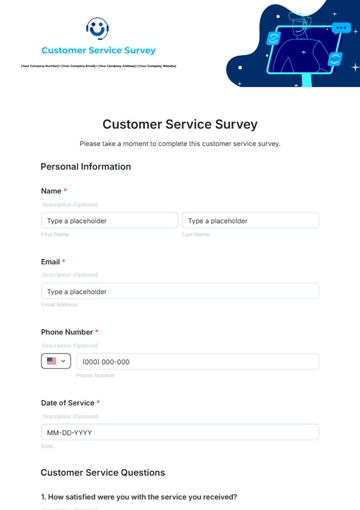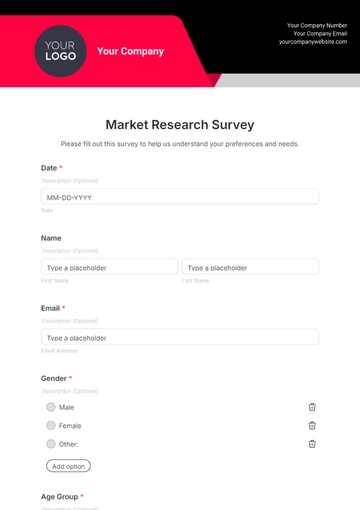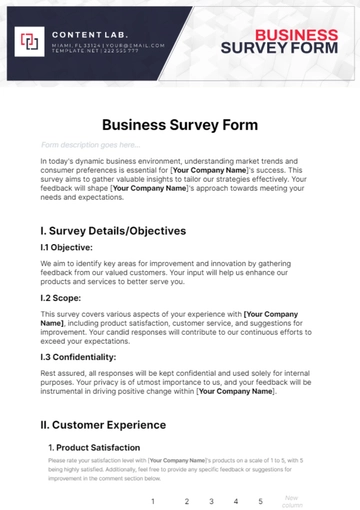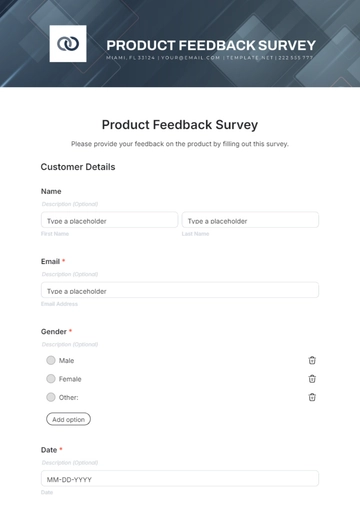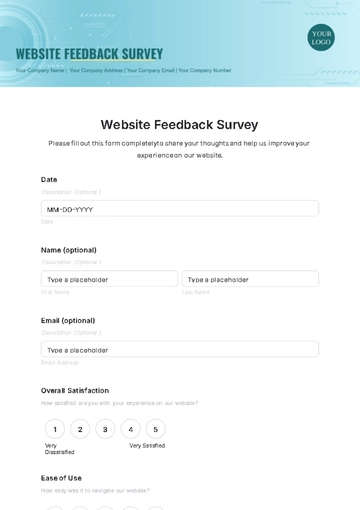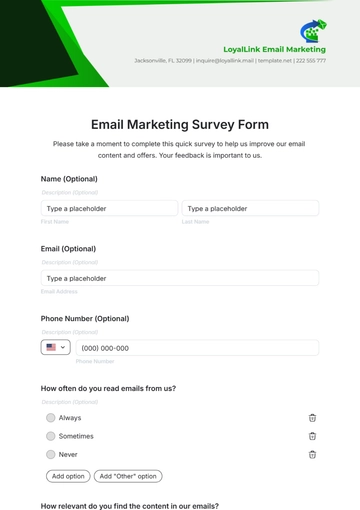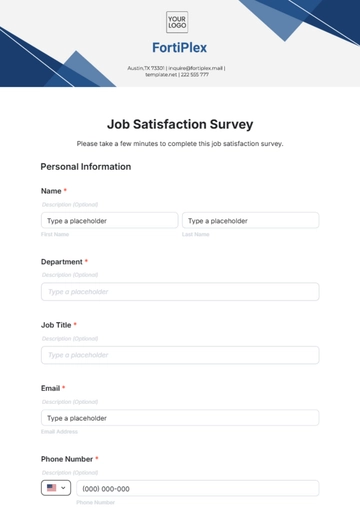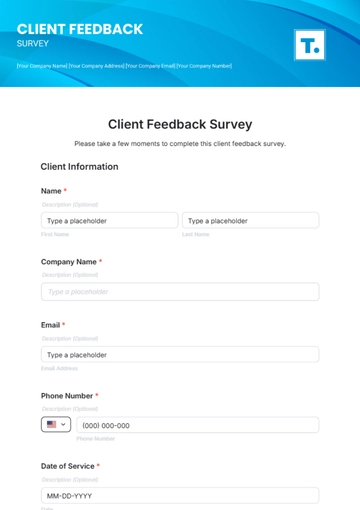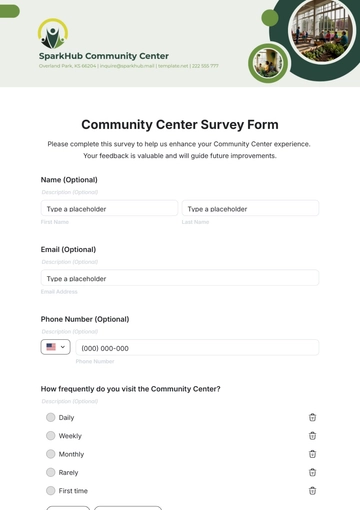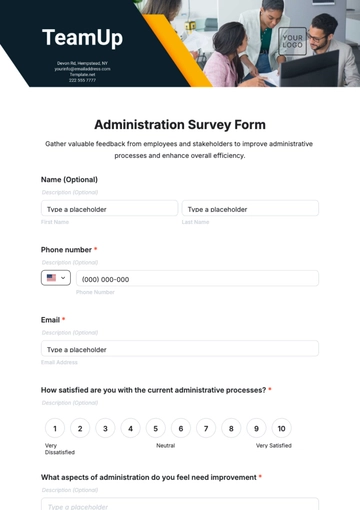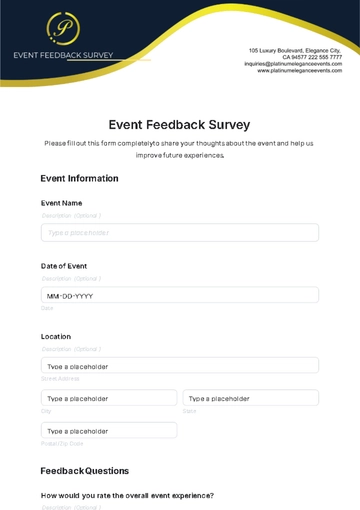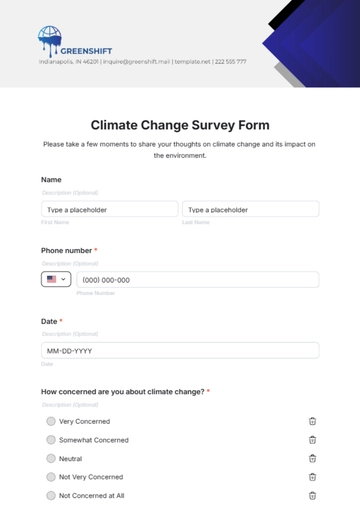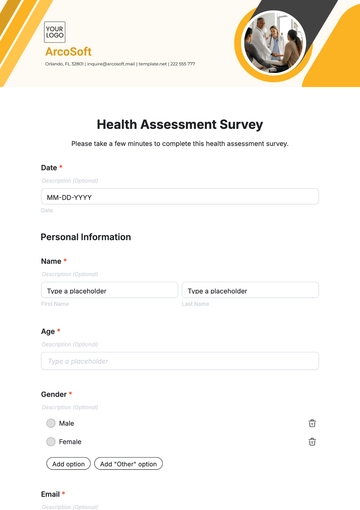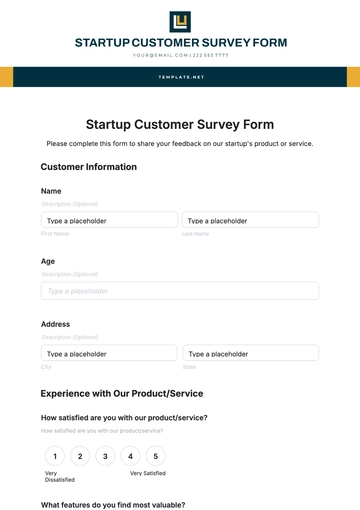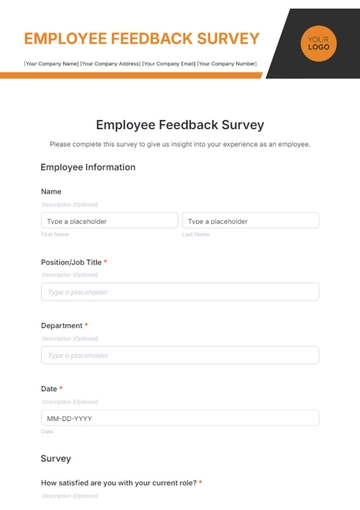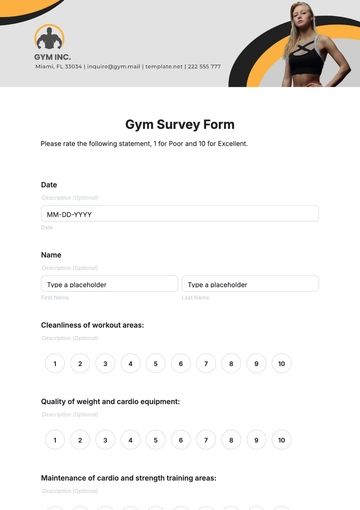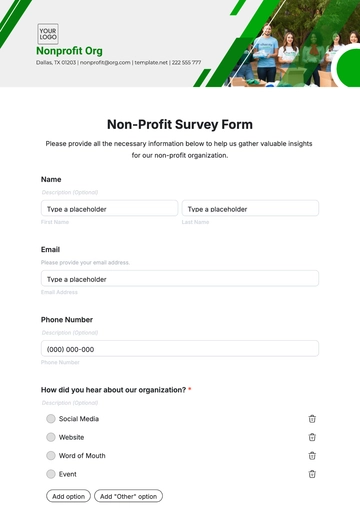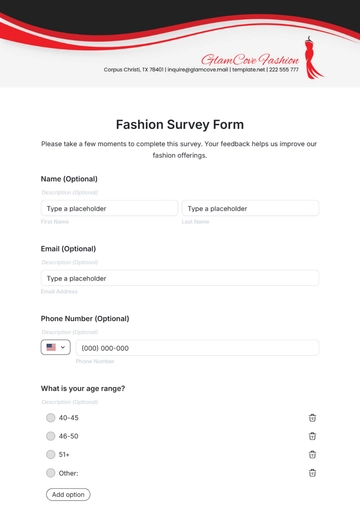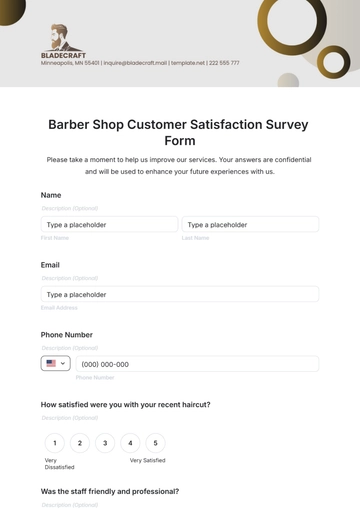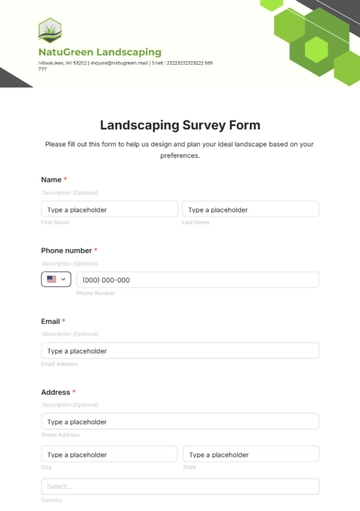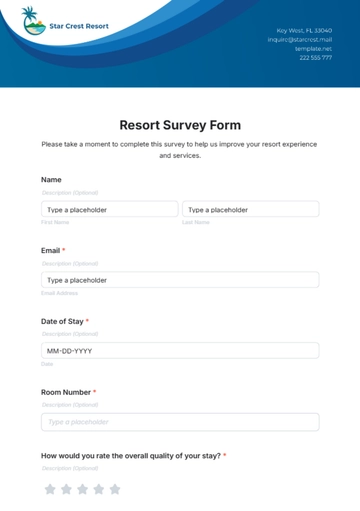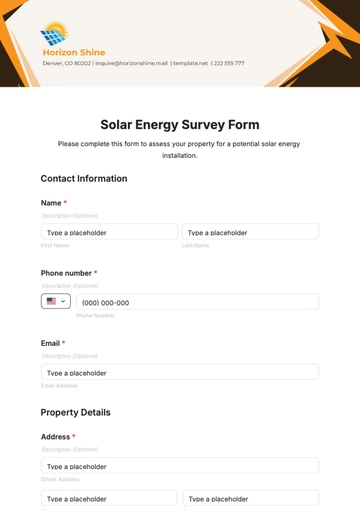Free Survey Research Report

Prepared by:
[YOUR NAME]
[YOUR EMAIL]
I. Introduction
In response to the increasing global interest in electric vehicles (EVs) and their potential to revolutionize the automotive industry, [YOUR COMPANY NAME] undertook a comprehensive survey aimed at exploring consumer attitudes, preferences, and barriers toward EV adoption. This report synthesizes the findings gathered between January and March 2050, providing actionable insights for stakeholders in the EV ecosystem.
II. Methodology
A. Survey Design
The survey was meticulously designed to gather comprehensive insights on:
Awareness levels and familiarity with electric vehicles.
Factors influencing purchase decisions.
Perceived advantages and concerns regarding EVs.
B. Sample Selection
A stratified random sampling approach was employed, selecting 2,500 respondents across major metropolitan areas and suburban regions in the United States. The sample aimed to reflect diverse demographics in terms of age, income, and geographical location.
C. Data Collection
Data collection utilized an online survey distributed through targeted channels, including social media platforms (e.g., Facebook, Twitter), automotive forums (e.g., Tesla Motors Club), and email campaigns to subscribers of industry newsletters. Responses were anonymized to encourage candid feedback and ensure privacy.
III. Key Findings
A. Awareness and Familiarity with EVs
Survey Findings | Percentage (%) |
|---|---|
Respondents aware of electric vehicles | 78% |
Familiarity with EV technology brands | 62% |
Recognizable brands: Tesla, Nissan Leaf, Chevrolet Bolt | - |
B. Purchase Considerations
Purchase Considerations | Percentage (%) |
|---|---|
Motivation: Environmental benefits | 64% |
Factor: Availability of charging infrastructure | 52% |
Concerns: Range anxiety, initial cost, charging convenience | - |
C. Concerns and Barriers
Concerns and Barriers | Percentage (%) |
|---|---|
Top concerns: Range anxiety | 41% |
Initial cost compared to conventional vehicles | 38% |
Charging time and availability | 29% |
Resale value and battery technology concerns | - |
IV. Detailed Analysis
A. Consumer Segmentation
Based on survey responses, consumers were segmented into distinct groups, each with unique preferences and priorities:
Environmental Enthusiasts: Prioritize environmental benefits and sustainability features in EVs.
Pragmatic Consumers: Focus on cost-effectiveness, including total cost of ownership and financial incentives.
Technology Adopters: Early adopters are attracted to advanced EV technologies, including autonomous driving features and connectivity options.
B. Regional Variances
Significant regional variations were observed in EV adoption rates and concerns:
Coastal metropolitan areas showed higher awareness and adoption rates, driven by proactive government policies and robust charging infrastructure.
Rural regions exhibited lower awareness and higher concerns related to charging accessibility and vehicle range.
V. Market Implications
A. Market Potential and Growth Forecast
[YOUR COMPANY NAME] forecasts a robust growth trajectory for the EV market, with an estimated annual growth rate of 25% over the next decade. Factors such as technological advancements in battery efficiency and increasing consumer awareness of environmental issues are expected to drive this growth.
B. Competitive Landscape
Key players such as Tesla, GM, and Volkswagen dominate the EV market, with Tesla leading in market share due to its brand reputation, technological innovation, and expansive supercharger network.
VI. Strategic Recommendations
A. Marketing Strategies
Tailor marketing campaigns to resonate with different consumer segments identified in the survey:
Highlight environmental benefits and long-term cost savings for Environmental Enthusiasts.
Emphasize affordability and financial incentives for Pragmatic Consumers.
Showcase technological advancements and premium features for Technology Adopters.
B. Infrastructure Development
Collaborate with government agencies and private stakeholders to expand EV charging infrastructure:
Prioritize investment in fast-charging stations along major highways and urban centers.
Implement incentives for businesses to install charging stations at workplaces and retail locations.
VII. Conclusion
This survey research offers valuable insights into consumer perceptions, preferences, and barriers regarding electric vehicles. The findings equip [YOUR COMPANY NAME] and industry stakeholders with actionable intelligence to drive strategic decisions, foster innovation, and accelerate the adoption of electric vehicles in a sustainable automotive future.
- 100% Customizable, free editor
- Access 1 Million+ Templates, photo’s & graphics
- Download or share as a template
- Click and replace photos, graphics, text, backgrounds
- Resize, crop, AI write & more
- Access advanced editor
Revolutionize your survey reports effortlessly with Template.net's Survey Research Report Template. This fully customizable and editable template is designed to streamline your data presentation with precision. Harness the power of our user-friendly AI Editor Tool to tailor your content swiftly. Perfect for detailed insights and professional clarity in every report.
